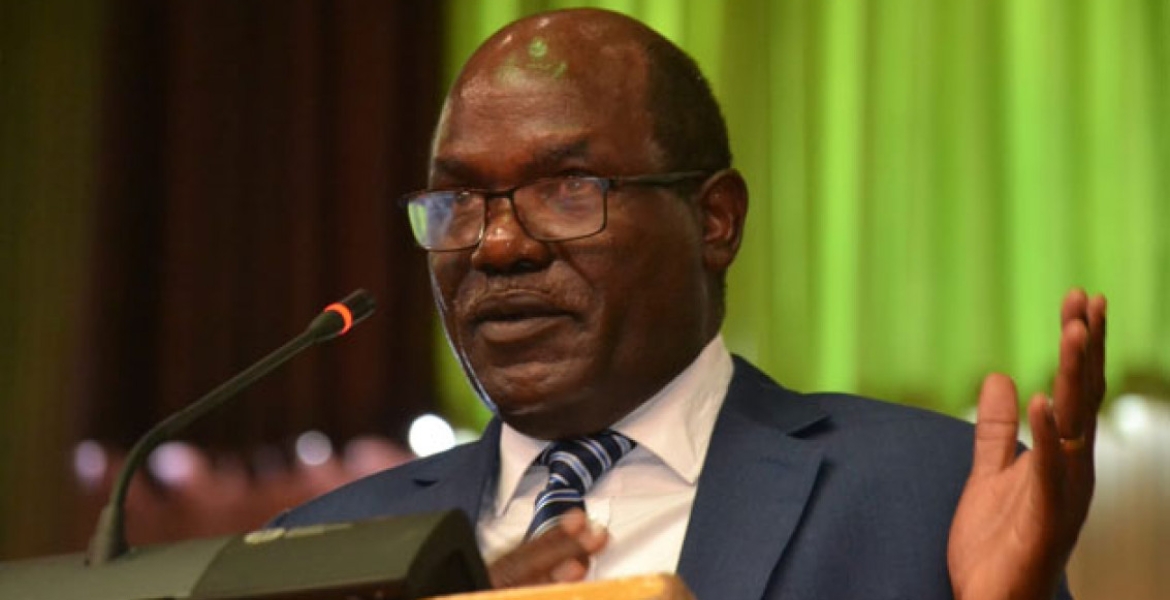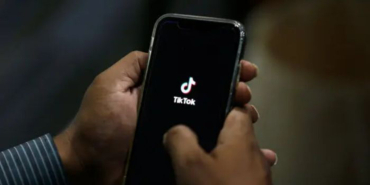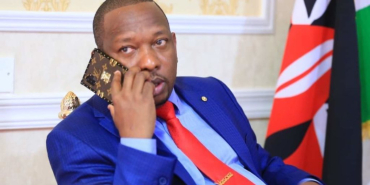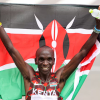IEBC Says 11,000 Polling Stations Lack Network Coverage to Transmit Election Results

At least 11,000 polling stations lack 3G mobile network coverage to facilitate the electronic transmission of results in the August 9th elections.
This was disclosed by the Independent Electoral and Boundaries Commission (IEBC) Director of Legal Affairs Chrispine Owiye during a hearing before the parliament’s Justice and Legal Affairs Committee (JLAC) on Wednesday.
Owiye urged MPs to approve an amendment to the Elections Amendment Bill that would allow for an alternative method of transmitting results in the forthcoming elections.
"The law requires the returning officers to transmit the results electronically to the national tallying center; if there is no network, as it is at the moment, it means the officer cannot move to a nearby place with network or the nearest polling station to declare the results since he will be committing illegality. We need a complementary system," Owiye is quoted by Nation.
The Bill, which is currently before the National Assembly, seeks to introduce a complementary mechanism for voter identification and transmission of results.
Some of the affected polling stations are in Kiambu, Murang'a, and Kisumu town.
The electoral commission faced a challenge of low network coverage in the 2017 general elections, with 27 percent of polling stations lacking 3G or 4G coverage.
At the time, IEBC Chairman Wafula Chebukati downplayed fears that a lack of network coverage in some geographical areas would affect the electronic transmission of results or the integrity of the election.








Comments
This is coming up less than…
Permalink
This is coming up less than 5 months to the general election. Asante Chebukati.
Add new comment